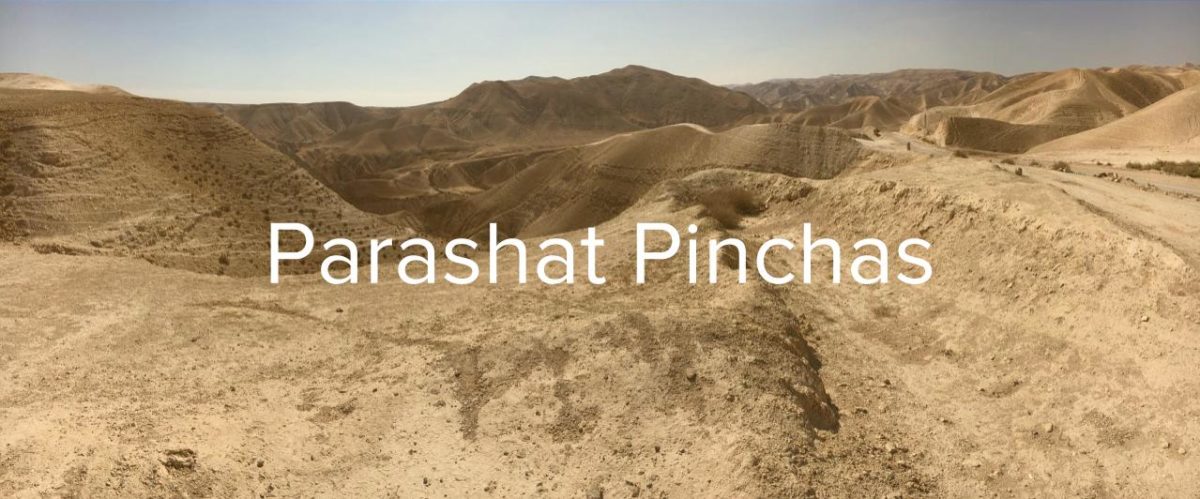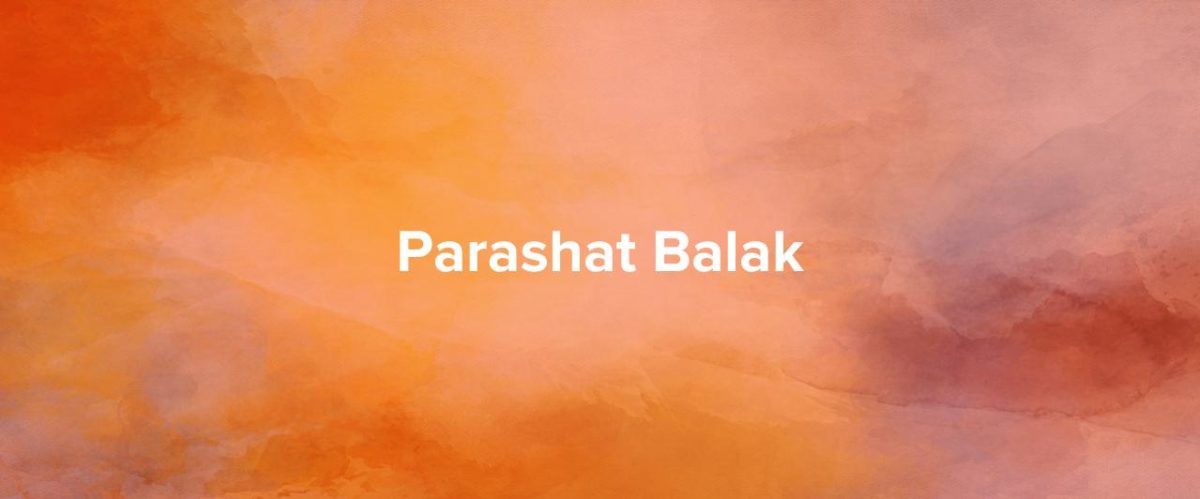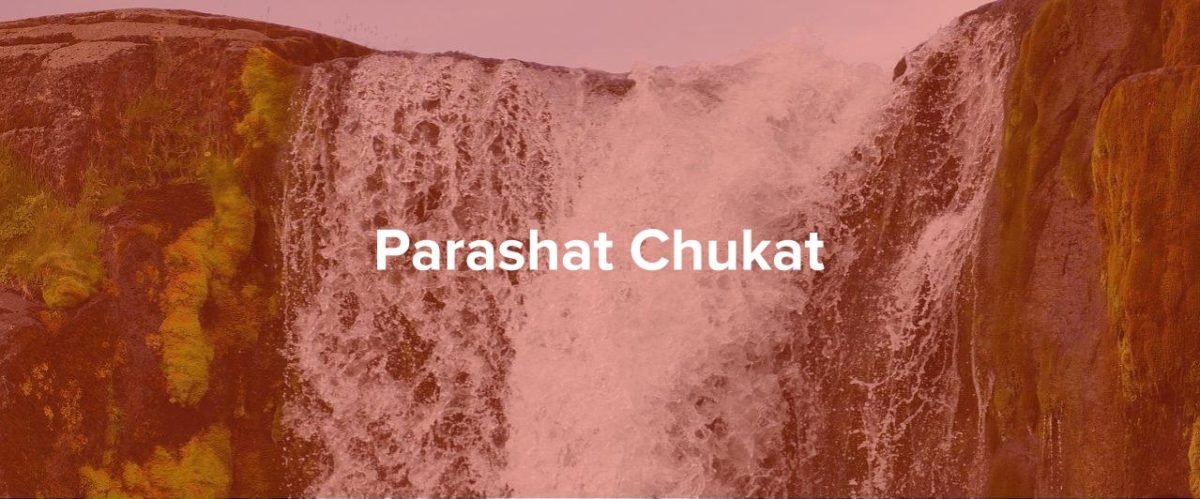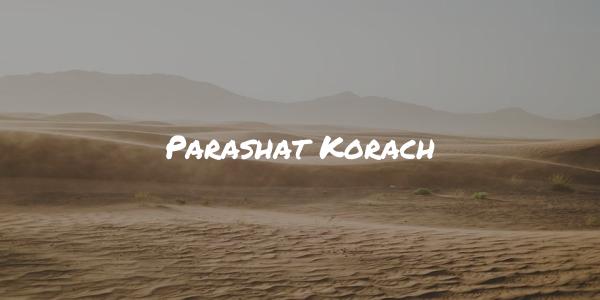
Shabbat Table Talk
Parashat Matot-Masei, Erev Shabbat 21 July, 2017
Week of 16-22 July
Torah portion: Num. 30:2-36:13 Haftarah: Jer. 2:4-28; 3:4
If a man makes a vow to the Lord or takes an oath imposing an obligation on himself, he shall not break his pledge; he must carry out all that has crossed his lips. (Num. 30:3)
Think back over the vows and oath that you have made. How many of them have you kept? How many have you broken?
The command in verse two is addressed to the leaders of the tribes of Israel rather than to Israel as is usually the case. Nachmanides suggests that the reason for not making the law public was to discourage the practice of vowing [Plaut]. This may seem odd, for there are many important reasons to make vows, especially when we are committing ourselves to something worthwhile such as a vocation, relationship, or an important cause.
How many words do we send out into the ether? E-mails, memos, text-messages, phone conversations, gossip sessions all contribute the overwhelming number of words that come from our mouths and hands. Talk is cheap and plentiful. Modern technology allows us to communicate at will with virtually instantaneous results. However, according to the sages God gave us two ears and one mouth because God intended us to listen more than we talk.
Rabbi Stacy K. Offner, in the Women’s Torah Commentary offers some thoughts on this. In the ancient Near East, Offner reminds us, important documents were chiselled into stone. This meant that a great deal of thought had to be put in to what was being said. Making vows also requires a great deal of thought. There is an entire tractate of the Talmud concerned with the making of vows and their validity. This shows us that words are extremely important.
Rabbi Stephen Baars speaks of the spirituality of speech. He suggests “he shall not break his pledge” should actually be translated, as “he shall not profane his word.” As a result of breaking one’s pledge a person is actually profaning the very essence of who they are. The way we speak, he claims, has the power to change the type of person we are.
“Judaism says that words are not merely sounds or vibrations in the wind. They are reality. Words take an idea out of potential and make it real. If you lie, then you lose the ability to express your ideas into a stable-secure medium, and so, you lose your connection to reality.” (Baars)
For Reflection and Discussion: With what sort of attitude do I approach speaking, or making vows or promises? Do I take seriously the power of the words that come from my mouth? Are my words making my life more real and worthwhile?
Bibliography:
Goldstein, ed.: The Women’s Torah Commentary (Woodstock, VT, 2000); Rabbi Nosson Scherman (ed.) Tanach, Stone Edition (New York, 1996); Plaut: The Torah, A Modern Commentary (New York, 1981). Kushner: The Book of Letters (Woodstock, Vermont, 1990); www.aish.com/torahportion/baars/Lying.asp
This week’s teaching commentary was prepared by
Mark David Walsh, B.A., B.Theol. Grad. Dip. R.E., M.R.E., Australia, Bat Kol alum ‘01, ‘02, ’04, ‘13
(Email: markdavidwalsh@gmail.com)
[Copyright © 2017]
……..……………………………………………..……
PLEASE NOTE: The weekly Parashah commentaries represent the research and creative thought of their authors, and are meant to stimulate deeper thinking about the meaning of the Scriptures. While they draw upon the study methods and sources employed by the Bat Kol Institute, the views and conclusions expressed in these commentaries are solely those of their authors, and do not necessarily represent the views of Bat Kol. The commentaries, along with all materials published on the Bat Kol website, are copyrighted by the writers, and are made available for personal and group study, and local church purposes. Permission needed for other purposes. Questions, comments and feedback are always welcome.
……………………………………………………………
Bat Kol Institute for Jewish Studies, Jerusalem
1983-2017
“Christians Studying the Bible within its Jewish milieu, using Jewish Sources.”
Website: www.batkol.info; Parashat Admin: gill@batkol.info










